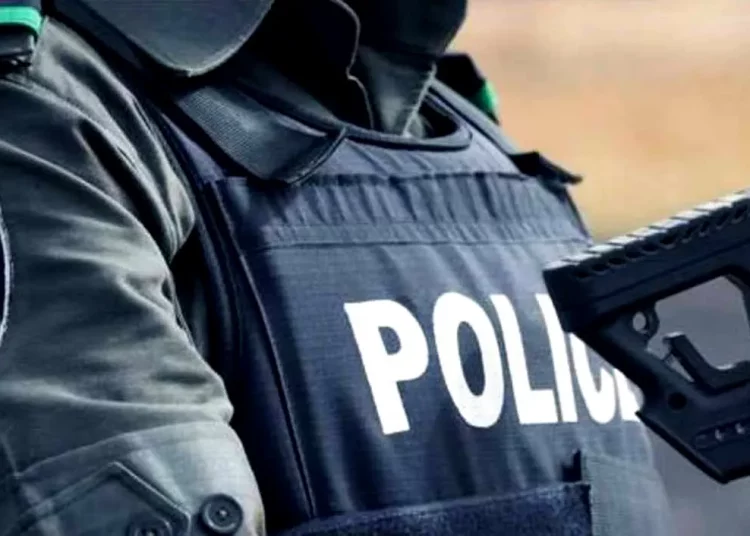Nigeria Police Force (NPF) has denied allegations that it was out to witch-hunt journalists and suppress press freedom through the amended Cybercrime Act of 2024.
Force spokesperson Muyiwa Adejobi, made the denial at a joint briefing by Security, Defence and Response Agencies organised by the Strategic Communications Inter-agency Policy Committee in Abuja.
He added that the police were not preventing journalists from performing their lawful duties.
Nigeria has witnessed a spike in a series of crackdowns on journalists due to the police’s recent implementation of the Act.
His denial came two days after the Nigeria Guild of Editors (NGE) accused the police of abducting and arresting journalists using the Cybercrime Act. The Guild advised them to concentrate on fighting terrorists and bandits and allow journalists to do their work.
He said, “ It’s not that we are applying the Cyber Crime Act to witch-hunt you, oppress you or subvert press freedom in Nigeria. I am not saying you should not be a whistleblower, but if you want to be one, you must get your facts right.”
Adejobi said the police operate under numerous laws and could prosecute journalists for publishing defamatory reports using any of these laws.
He said, “Defamation of character is a law defined under the Cybercrime Act and the criminal acts of this country define defamation as an offence. If somebody has published something wrong against you, as a Nigerian, you have the right to take it up.
“As a trained police officer, I may decide not to use the Cybercrime Act to prosecute you. As a trained policeman I must be able to lay my hands on many laws to nail you if I want to. Forget the fact that the NSA has called for the full implementation of the act; the police can lay their hands on any law to prosecute anybody, “ he said.
The Force spokesperson added that journalists do not enjoy immunity, noting that a journalist is “criminally liable” once accused of a crime.
He said, “Mind you, the fact that somebody is a journalist does not grant him immunity over certain things. You are criminally liable once an offence has been laid against you, and the police must take it up.”
He, therefore, urged journalists invited by the force to honour the invitations and inform his office.
Adejobi said, “Let me put it on record that if a petition has been written against you as a certified journalist, you are to honour the invitation and get across to the Office of the Force Spokesperson. Some of them you claimed have been victimised have not contacted me. Everybody is a journalist; we practice citizen journalism in Nigeria. “
Adejobi stated that the police have not yet arrested any journalist from mainstream media.
He said, “The police have not arrested anyone from the mainstream media. Most of these bloggers always run foul of the law because they want to break the news. You can’t break the news without confirmation from the parties involved. You need to balance your report. Don’t run away once you are invited to clarify a report. We are human beings like you.”
The Force spokesman criticised media houses for using the term “abduction” to describe the arrest of journalists.
He stressed that the police do not abduct, rather, they arrest.
He said, “We don’t abduct; we arrest. If the arrest is wrong, you tell us why it is wrong, and we will tell you why it is right. We face challenges because many of you don’t understand the legal framework.”
Adejobi, however, said when a journalist is arrested, his colleagues cannot stand surety for him.
He maintained that the police would not release such a journalist unless a “substantive surety” is provided.











